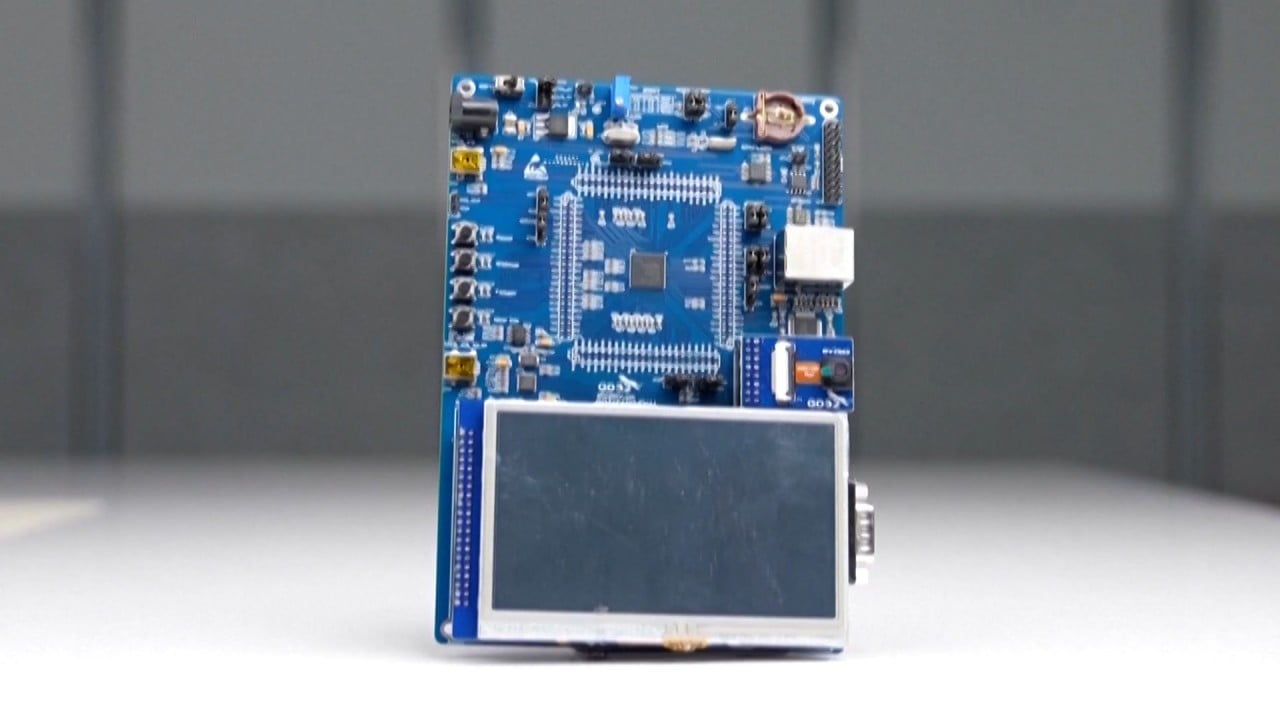
Taiwan may further restrict tech over spectre of mainland China taking sensitive technology
- Lawmaker expects regulatory-tightening discussions to take place in coming months, with an eye on protecting Taiwan’s critically important tech industry
- Illegal tech transfers have long been a thorny issue between China and its major economic partners, despite improvements in IP protections in recent years
The Taiwanese parliament is likely to review the process of technology transfers to mainland China amid fears that leaked advancements and know-how could threaten the island’s critically important tech sector, according to a senior legislator in Taipei.
In the latest potential divide between Taiwan and mainland China, lawmakers feel “growing concern” about how to restrict and monitor transfers of technology, said Lo Chih-cheng, director of the ruling Democratic Progressive Party’s parliamentary caucus.
Lo anticipates that a regulatory-tightening discussion will take place within the next half year, in the interest of better protecting the security and competitiveness of Taiwan’s tech sector.
“It’s a very sensitive issue, so we need to approach the issue very carefully,” Lo told the Post on Monday, adding that while Taiwan already has some solid policies in place, “China has a way to get around those legal barriers”.
‘China is under siege’: US tech controls set stage for ‘aggressive’ response
It launched a series of raids in March and apprehended 60 mainland Chinese nationals suspected of lifting trade secrets or poaching talent.
In July, prosecutors in New Taipei City said that China’s Luxshare Precision Industry had targeted Taiwanese competitor Catcher Technology “to quickly enter the Apple production chain to win orders”.
The illegal transfer of technology has long been a thorny issue between China and its major economic partners, despite improvements in recent years in improving intellectual property protection.
Washington has accused Beijing of state-supported intellectual property infringement, which Beijing has rejected.
As a hub for producing much of the world’s tech hardware, including name-brand PCs and smartphones, Taiwan has become a focal point for the United States and European Union over the past few years, with both seeking to lock in chip supplies following shortages during the pandemic.
Taiwanese officials sponsored a forum in Taipei on Tuesday to push for the joint development of 6G mobile technology with counterparts from the EU.
Taiwan Semiconductor Manufacturing (TSMC), the world’s largest contract chip maker, has some of the most advanced technology available. For example, the firm expects to launch a 2-nanometer process for making chips by 2024 that will speed up devices and cut power consumption.
Weak demand drives down Taiwan’s exports to Chinese mainland, Hong Kong
“We have systems in place to protect our proprietary information and maintain our current and future competitiveness,” a TSMC media liaison said. “This protection is enforced through people, systems and technologies, and it is not aimed at one region or company in particular.”
In Japan, another Asian tech powerhouse, security legislation passed in May by the national legislature includes a patent-screening and non-disclosure system for certain advanced technologies.
Japanese companies are taking steps to “reduce risks and vulnerabilities in the relationship with China”, Christopher Johnstone, Japan chair at the Centre for Strategic and International Studies think tank in Washington, wrote in a commentary on Tuesday.
China considers self-ruled Taiwan a breakaway province and has vowed to eventually unify the two sides, by force if needed. Taiwan and the mainland halted formal talks in 2016.
On Tuesday, Taiwanese President Tsai Ing-wen said the island’s tech sector must remain strong, despite threats from the mainland. She also decried “rumours” about the risk of investing in the island’s semiconductor industry and said the government was working hard to ensure that investments continue.
Tsai also said she was looking forward to “Taiwan’s continued deepening of cooperation with democratic allies to build a safer and more resilient global supply chain”.
Additional reporting by Reuters


